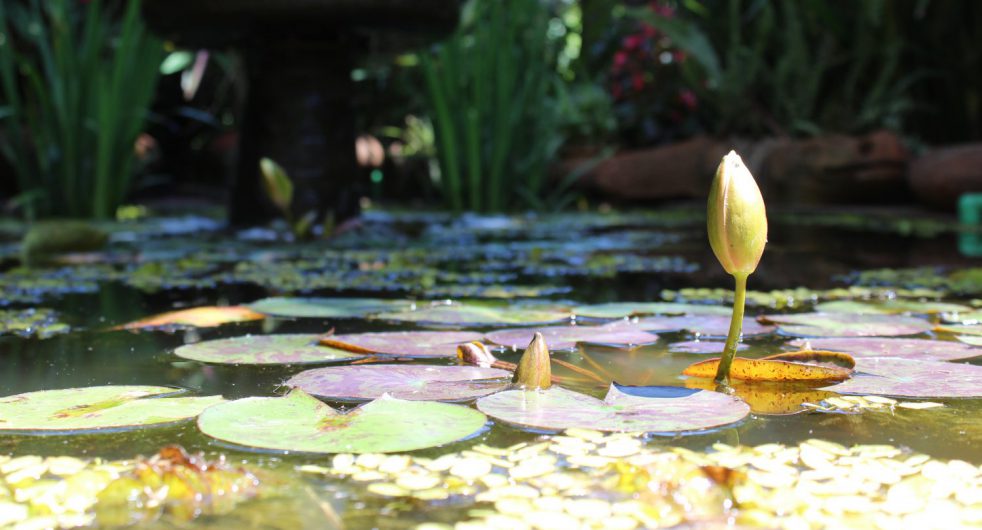 One day, I decided to visit the Art Museum on Shennan Avenue, next to Shaoniangong where kids play on glass walkways, and across from Lianhua Park where kites soar high in the breeze. As I ambled through the galleries, past the waxworks of construction workers and grainy photos of 1980s Shenzhen, I discovered a scroll of calligraphy with the following characters:
One day, I decided to visit the Art Museum on Shennan Avenue, next to Shaoniangong where kids play on glass walkways, and across from Lianhua Park where kites soar high in the breeze. As I ambled through the galleries, past the waxworks of construction workers and grainy photos of 1980s Shenzhen, I discovered a scroll of calligraphy with the following characters:
难得糊涂 (nán dé hú tu)
It is difficult for smart men to act the fool
I read that this phrase originated in mid-nineteenth century China when a famous scholar, Zheng Banqiao 1, protested at the drudgery of work and life in general. He opined that smart, intelligent people had a duty to relax from time to time, but were often incapable of doing so. In effect, It was difficult to let oneself go, to deliberately become muddled or confused. Prior to this, little did I know that the Ming Dynasty had produced calligraphers and satirists like Zheng Banqiao.
I laughed out loud.
Astonished, a friend who was with me exclaimed, “Master, why are you laughing?”
To which, I replied: “One of the characters is missing a crucial brush stroke!” I pointed out the offending character.
糊涂hú tu
The second character had only two strokes on the left, instead of three. I realized the writer had done so intentionally. After all, the word literally means confused, muddled.
“I laugh because it is noble to act the fool! Just like the writer of this work decided to omit the brush stroke, against all convention. Laugh at yourself, my friend! Dance ever higher on the wings of your guffaws. As this writer has pointed out, smart men must laugh at themselves. To do so, to laugh with a good conscience, is a holy thing.”
I continued bellowing with laughter as I walked deeper into the museum. Before I was tossed out by the museum guards, my last words were:
“Thus are you crowned with a wreath of roses. I hereby declare you holy, my brothers and sisters. Learn to laugh!”2
照梁初有情, zhào liáng chū yǒu qíng
出水旧知名。 chū shuǐ jiù zhī míng
裙衩芙蓉小, qún chǎ fú róng xiǎo
衩茸翡翠轻。 chǎ róng fěi cuì qīng
锦长书郑重, jǐn cháng shū zhèng zhòng
眉细恨分明。 méi xì hèn fēn míng
莫近弹棋局, mò jìn tán qí jú
中心最不平。 zhōng xīn zuì bù píng
The light above the rafters sparkles like jade, the water flower emerges.
The lotus on the slit of your gown is so delicate, the soft jadite cap sits lightly on your head.
Such heavy brocade, such serious letters, your fine brow hates the subtleties of it all.
Don’t play too much chess, your heart really isn’t into it!
***
About the Calligraphy
照梁初有情,出水旧知名。裙衩芙蓉小,衩茸翡翠轻。The light above the rafters sparkles like jade, the water flower emerges. The lotus on the slit of your gown is so delicate, the soft jadite cap sits lightly on your head. (3 rows, 20 characters, Cursive Cao Script): M.O. Ndesandjo
Notes:
1. 郑板桥pronounced Zhèngbǎnqiáo
2. What does it matter that you are failures? How much is still possible! So learn to laugh away over yourselves! Lift up your hearts, you good dancers, high, higher! And do not forget good laughter. The crown of him who laughs, this rose-wreath crown: to you, my brothers, I throw this crown. Laughter I have pronounced holy: you higher men. Learn to laugh! (Nietzsche, Thus Spake Zarathustra, IV, 18)
